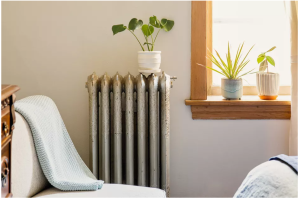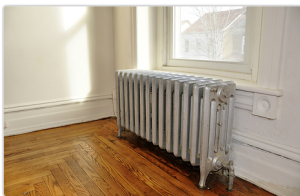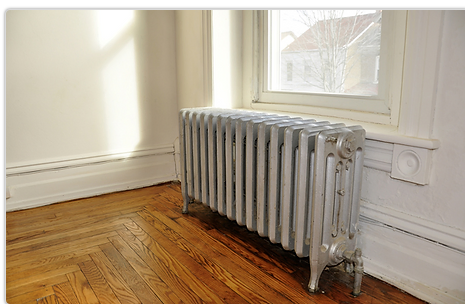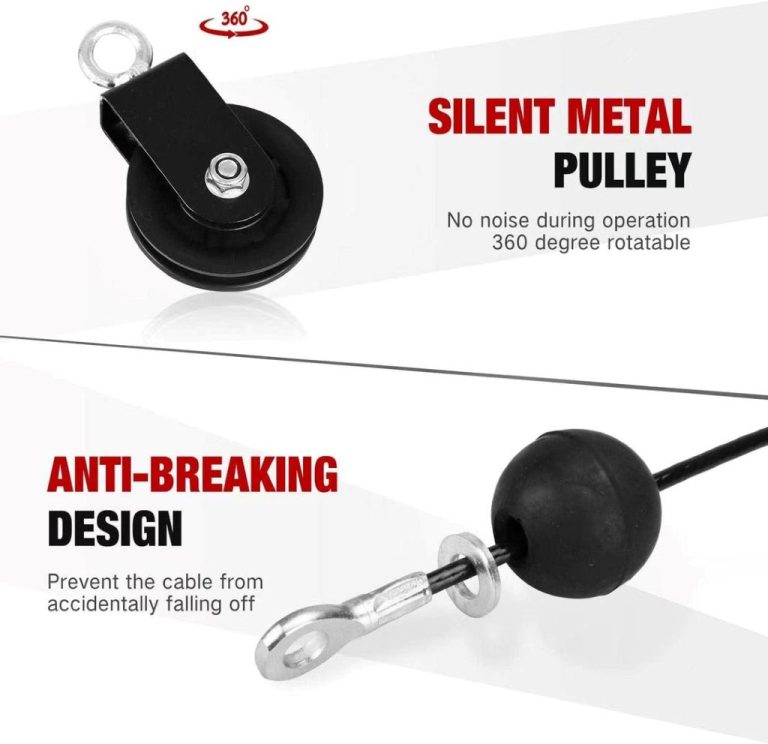Now and again a radiator can thump and clunk as it heats up. Sometimes, a radiator can also stay cool even after you’ve had your heating on for some time. If so, you may need to bleed your radiators.
Radiators need draining when pockets of air get caught inside. Until you bleed your radiator to dispose of trapped air, you’re probably going to need more energy and with HUGE hikes in energy prices this is not something you want to happen!

If you need to invest in a new heating system it could cost thousands of pounds so we suggest trying out the below tips first. If you want to invest in the home and are not sure how much of it you own or want to look at renegotiating it based on what you have invested or intend to do you may want to look into a deed of trust cost. Visit Sam Conveyancing for more info.
Follow these means to check and bleed your radiators:
Put your heating on full and wait until your radiators hit their highest level of heat.
It goes without saying but be careful not to hurt your hands, feel along the highest point of every radiator for any cool zones. Cold spots are a pointer of caught air, thus you’ll have to bleed any radiators where you find cool spots.
When you’re ready to bleed the radiators, make sure your central heating is switched off and the radiators have totally cooled.
Although it is possible to use a screwdriver for some contemporary radiators, most radiators will need a radiator key. On the off chance that you don’t have a radiator key, you can easily buy one from most DIY stores.
Make sure you place a towel or cloth beneath the radiator valve to soak up any water that escapes.
Use the key with a cloth wrapped around it and gradually twist it anti- clockwise to open up the valve. You ought to hear a hiss or whistle sound as the air gets away.
Hold the valve open until the sound ceases and water begins to break out before twisting the key clockwise to shut off the valve.
When each one has been bled, look at the pressure measurement of your boiler. In the event that the measurement is excessively low, you’ll have to balance the pressure again. In the event that the pressure is normal, you can switch your heating on and check that there aren’t any cool zones.

It is advisable to do a full check of all the radiators in your home every couple of months. Should you experience further issues or find that you are unable to rebalance the pressure in your central heating system, it’s important to contact a professional straight away.











